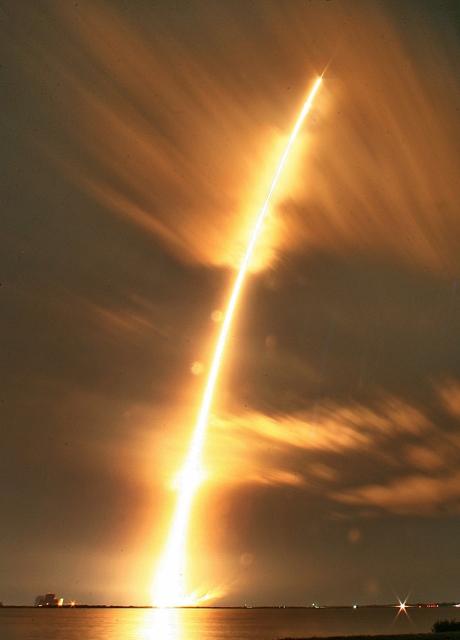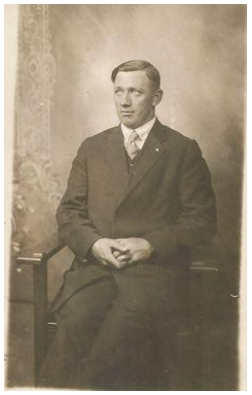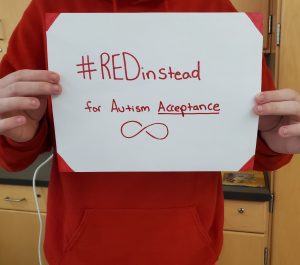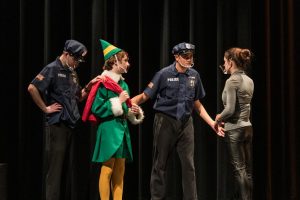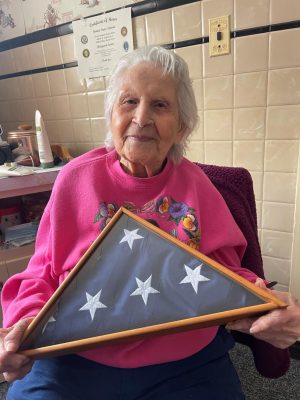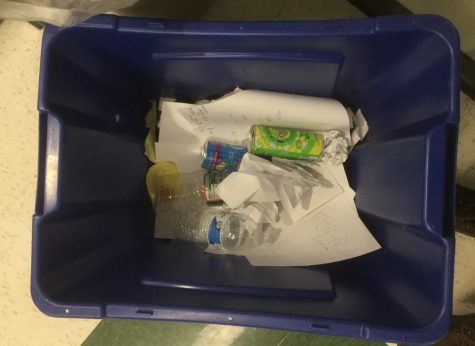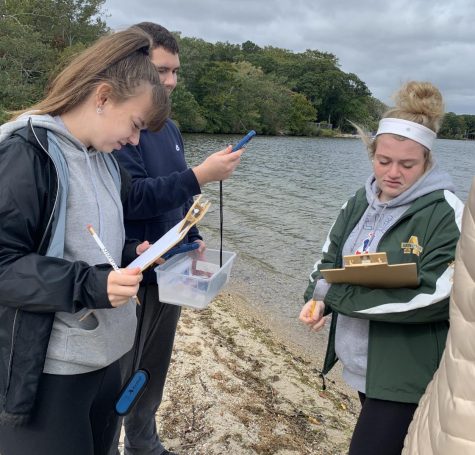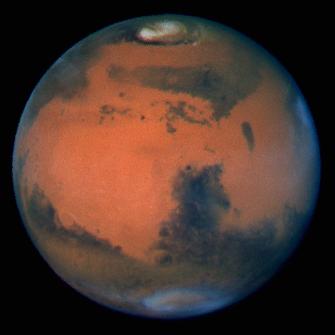Today’s Race To Space
Rosetta, Orion and Virgin Galactic make headlines
Photo by Red Huber/Orlando Sentinel/TNS used with permission.
A SpaceX Falcon 9 blasts off launchPad 40 in Cape Canaveral, Fla., early Saturday, Jan. 10, 2015. (Red Huber/Orlando Sentinel/TNS)
February 5, 2015
Space has, for the most part, always been a mystery in the realm of science. Despite the many revelations of the past half-century, so much still remains unknown about what lies beyond Earth’s surface. In the past year, three notable events have helped further astronomical research, though not all can be considered entirely successful. While the Rosetta probe has made great contributions to the scientific community, and NASA’s Orion spacecraft provides another peak, the Virgin Galactic crash was a blemish on the otherwise cheery face of modern space travel.
Rosetta
This past autumn, a 10-year long space chase finally ended. Rosetta – a European Space Agency mission – successfully landed the probe (Philae) on the comet Churyumov-Gerasimenko, completing a 6.4 billion mile journey and a decade long pursuit. Being the first successful comet landing in history, the potential for discovery through this accomplishment is astounding, Churyumov-Gerasimenko and other comets carry the first solids formed in the solar system, and thus may hold new information regarding the origin of the universe. Many also theorize this mission will help us understand how water came to our planet, as many believe it came from icy comets that crashed into Earth millions of years ago. CNN predicts that data regarding the composition of comets collected by Philae could even provide insight into the possibility of extraterrestrials.
Orion
NASA’s own spacecraft Orion garnered much more success in its actions this past year. According to NASA, Orion successfully performed a two-orbit test flight in four hours on the morning of December 5. Orion was able to both launch and land without problem and with total accuracy. Throughout the flight, the spacecraft tested a variety of systems designed to ensure safety and efficiency with deep space travel.
Orion’s success has opened up space exploration to the possibility of journeying into deep space. The data collected by Orion helped illustrate the wide range of factors that could threaten space crafts in deep space. Already, improvements are being designed by engineers for the computers, parachutes, avionics, and heat shields of Orion based on the data gathered on its milestone trip. NASA’s current end goal is to send Orion to Mars, carrying the first crew in history that will set foot on the Red Planet.
Virgin Galactic
Unfortunately, not all of the milestones in space exploration of 2014 yielded positive results. On October 31, Virgin Galactic’s VSS Enterprise crashed in California’s Mojave Desert. Founded in 2004 by Richard Branson, Virgin Galactic is a British spaceflight company involved in commercial space flights and space tourism. Luckily, no passengers were on the ship, as it was merely conducting a test run. However, one pilot was killed and another was seriously injured.
The cause of the crash is as of yet unknown, but is referred to by Virgin Galactic as a “serious anomaly,” according to the Wall Street Journal. The tragedy is a major setback for the company’s plans for space tourism, with consumer pessimism towards the company on the rise after the crash, and legal problems with the Federal Aviation Administration on the horizon, the regulatory body from whom Virgin Galactic got the go-ahead to run the test flight. Much to the chagrin of Virgin Galactic’s potential customers, the corporation will be spending quite a bit of time attempting to discover the cause of the Enterprise’s crash and saving face for its mistakes, putting off commercial space flights for an unidentified but expectable lengthy amount of time.

